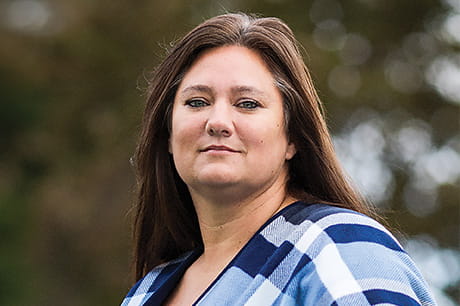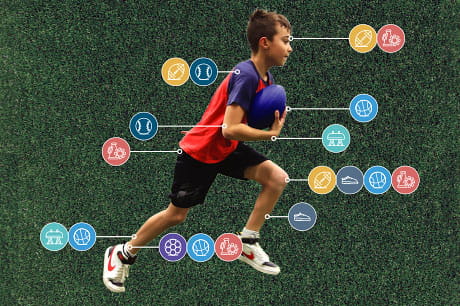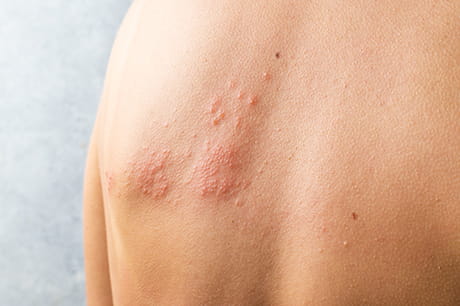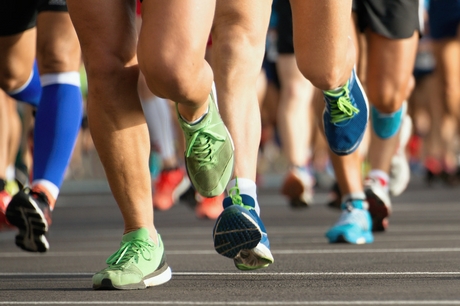PRP: How your own plasma can heal your injuries
Athletes may find relief with platelet rich plasma injections
If a sports injury has ever sidelined you, you know how frustrating it can be. These types of injuries are often slow to heal and many doctors may instruct you to rest while you recover. In some cases, persistent pain may keep you from playing—and enjoying—your favorite sport or activity.
But an experimental therapy could help people with sports injuries heal faster and get back on the field, court or track.
"Platelet-rich plasma (PRP) injections can help individuals with soft tissue injuries that may otherwise take a particularly long time to heal," said Geisinger primary care sports medicine physician Justin Tunis, MD.
Platelets are cells that have traditionally been known to help blood clot; however, these cells have also been found to play a role in wound and soft tissue healing. During a PRP injection, a patient’s blood is drawn and placed in a centrifuge that separates the red and white cells from platelets and plasma. What remains is a platelet-rich substance which is injected back into the patient’s injury location.
"Platelets contain proteins called growth factors, which can help tissue heal faster," said Dr. Tunis. "Rather than using a drug or surgery to treat a patient’s injury, we are using their own blood, which can cut back on side effects and reduce recovery time."
The most common injury treated with PRP is tennis elbow, or lateral epicondylitis, a chronic injury resulting from moving your arm in a repetitive motion. Though "tennis elbow" is a widely-used term, only a small percentage of people actually get the injury from playing tennis.
If left untreated, tennis elbow can cause chronic pain. In a study of people with chronic tennis elbow, some patients were treated with a corticosteroid shot, while others were treated with a PRP injection. While those who had the corticosteroid shot were more likely to feel quick relief, the patients who received the PRP injection had significantly less pain for much longer periods of time.
"PRP injections have shown promise for treating tennis elbow, as well as a number of other sports injuries including wrist, shoulder, hip, knee and ankle, in conjunction with proper physical therapy," said Dr. Tunis.
But PRP injections are not only used to treat sports injuries. Recent research has shown potential in treating osteoarthritis with PRP injections as well.
"All patients are unique, and particular treatment plans should be customized for each individual," said Dr. Tunis. "If you’re experiencing chronic pain from a sports injury or overuse injury, it’s important to work closely with your doctor to identify the best course of treatment."
Primary care sports medicine physician Justin Tunis, MD, sees patients at Geisinger Community Medical Center in Scranton. To schedule an appointment with Dr. Tunis or another sports medicine physician, call 800-275-6401 or visit Geisinger.org.












